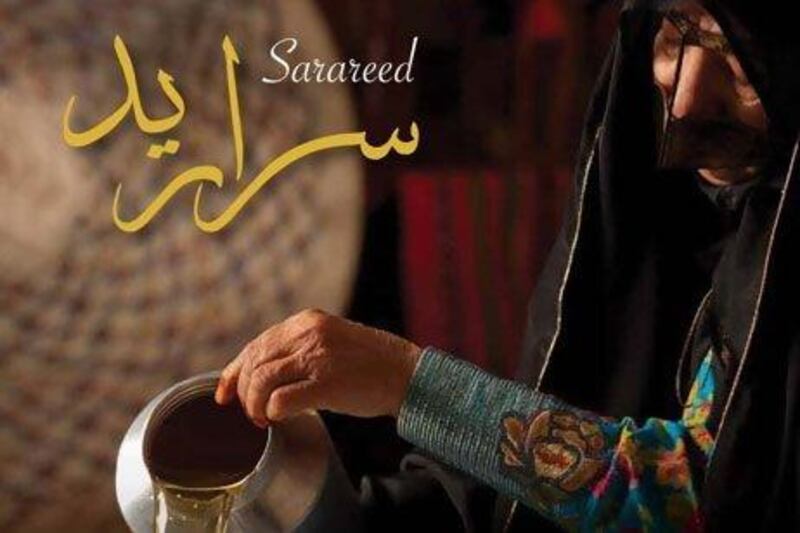Khulood Atiq remembers as a child watching the women in her family preparing Emirati food. It took a gentle nudge in the right direction, however, courtesy of her mother, to ignite the love of cooking that remains with her today.
"Every Friday, I used to watch my mother preparing dough to bake traditional Emirati bread and urged her to let me help," she says. "If my dough failed to turn into bread, my mother would distract me by asking me to bring her something and then replace my dough with a well-baked loaf to make it look as if I had baked it myself. This trick fuelled my passion for cooking even more."
Chef Khulood, as she is known, has come a long way since then. In 2008, she took on her first professional cooking role, working as a culinary assistant on one of SAMAA TV's shows. Soon after that, she became the speciality chef at the Mina A' Salam hotel, where she created menus featuring Emirati dishes and trained other chefs to cook local food.
She is currently the Arabian and Emirati cuisine specialist for Abu Dhabi's Tourism Development and Investment Company (TDIC), where she helps develop and preserve local culture by introducing Arabic and Emirati dishes at food and beverage outlets. The next step in her career sees Atiq launching her first cookbook, Sarareed, which she will do tomorrow at 9.30am at the Armed Forces Officers Club and Hotel as part of Gourmet Abu Dhabi 2012.
For many expatriates in the UAE, traditional Emirati food and recipes remain something of a mystery. Atiq says that there is a reason for this: "There are a few Emirati cookbooks, but I suppose Emiratis were always satisfied with eating Emirati food at home. Therefore, there was never the need for Emirati cookbooks or even restaurants."
She describes Emirati food as being "rich in flavour and spices" and says that the cuisine is defined by its simplicity - both in terms of preparation and use of ingredients.
"Emiratis do not have spices that are readily available in the market; therefore, we wash various spice plant leaves, flowers and seeds, after which we roast and grind them at home," she says. "The most distinguished features of Emirati cuisine are the use of spices, ghee and homemade pickles."
With Sarareed, which was produced in collaboration with the TDIC, she drew upon both her knowledge of the cuisine and her experiences as a chef, experimenting with traditional recipes, adapting some to make them more healthy and including a number of dishes of her own creation.
She hopes this means that not only will the book appeal to different nationalities - it is available in both Arabic and English - but that it will educate people about Emirati culture through the medium of food.
"The book involves more than just recipes; it highlights the Emirati culture, as well as the cuisine," she says. "It talks about the Emirati traditions of hospitality, as receiving and honouring a guest with enormous generosity is considered a crucial part of Emirati heritage and also features fascinating insights into how these recipes were developed."
Although she does not rule out opening her own restaurant at some point in the future, Atiq is happiest eating at home.
"Friday is family day," she says. "Gathering with the entire family while we cook and eat is something I hold very close to my heart."
Follow us on Twitter and keep up to date with the latest in arts and lifestyle news at twitter.com/LifeNationalUAE





